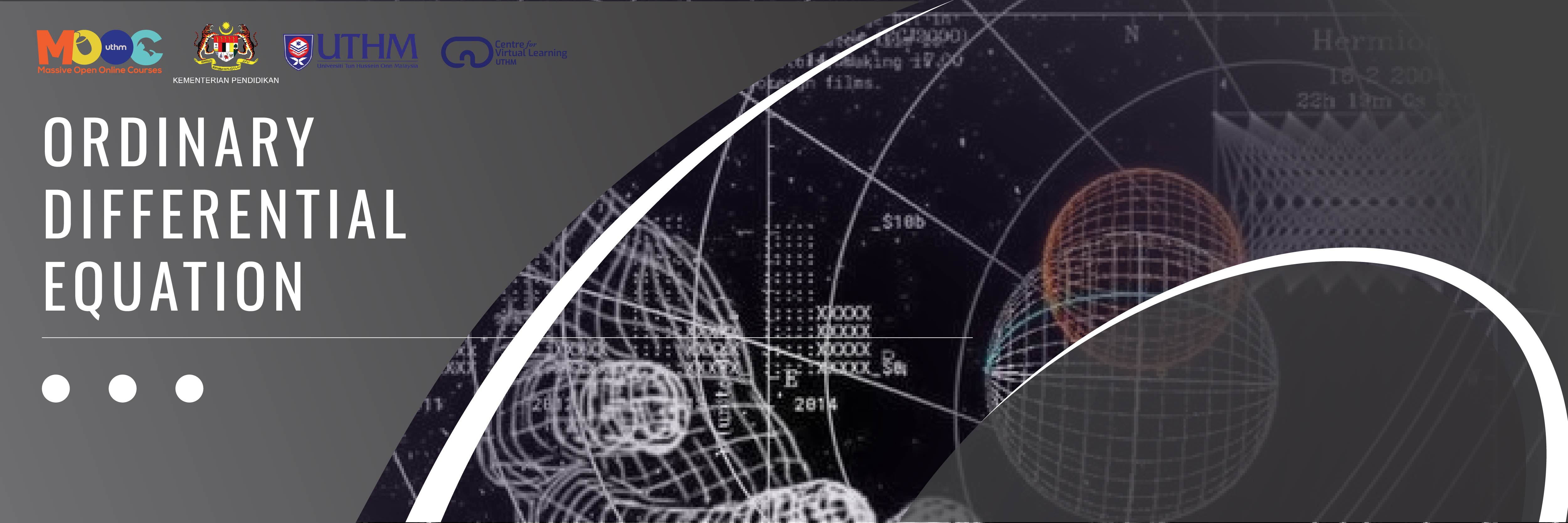
This course aims at developing the understanding and skills in the application of electrical and electronic instrumentation as well as measurement principles in the electrical and electronic engineering. Related topics are error and measurement; DC and AC analogue meters, digital meters; calibration procedures; bridge measurement; oscilloscope: construction and operation, waveform measurement and analysis; sensors and transducers: characteristics and applications.
- Teacher: Nurul Afiqah Roslan
- Teacher: Nurathirah Nabilah Muhammad Pauzi
- Teacher: Halijah Sa'don
- Teacher: Mohd Hamim Sanusi@Ikhsan
- Teacher: Azmi Sidek
- Teacher: Mohamad Bin Som
- Teacher: Nor Syuhada Syuhada

Fundamental course for semiconductor devices, including bipolar and field effect devices.
- Teacher: Rahmat Sanudin
Course name: Fundamental of Electric and Electronic
Level of education: Diploma level
Code course: DAU 10203
Synopsis: This course introduces students to electric and magnetism knowledge needed to be related to electricity on charge, field, potential, current, and circuit. The application involves the vector resultant, velocity, drift velocity, current density, resistance, Ohm’s Law, resistivity and conductivity, the temperature dependence of resistance, capacitors, capacitance, electromotive force (emf), energy, electric power, internal resistance, serial and parallel resistance, terminal potential difference and Kirchhoff’s Law. The course also discusses the magnetism in force of moving charge, the Biot-Savart rule, the magnetic force on current due to a straight wire, current loop, solenoids, and electromagnetic induction involving Faraday’s Law and Lenz’s Law.Credit value : 3
Course Learning Outcome(s) :
CLO1: Apply knowledge of basic electric and electronics problems using theoretical formula and concept.
CLO2: Implement the knowledge of basic electric an electronic to solve problems in complex circuit and digital devices.
CLO3: Acknowledge and comply with the physical concept, laws and principles that determine the electrical properties, electron and charge formation.
- Teacher: Dr. Norbaizura Nordin
This syllabus is designed to provide the basics of electrical and
electronic, such as atomic structure, resistance, conductance, color codes,
Ohm's law, power and energy, series circuits, parallel, series-parallel
resistive, Kirchoff's laws, the magnetic field, magnetic force, intensity,
permeability, magnetic circuits, hysteresis, the law of Faraday, Fleming, and
Lenz, self and mutual inductance, charge, electric flux, capacitance, voltage
alternating current, phase diagram, resonant circuits, single phase
transformer, ideal, arrangements, the efficiency, semiconductor devices:
diodes, zener diodes, rectifiers, transistors bi-polar and field effect
transistors.
- Teacher: Khairulnizam Othman

Calculus course is offered by the Faculty of Electrical and Electronics Engineering. It is designed to cater for first year, first semester students who undertaking Calculus course. The contents of this module are centred on the core of calculus subject and are in line with the curriculum drawn up by the Faculty and endorsed by the Engineering Accreditation Council. This course is opened to all students and will be conducted fully online via MOOC platform.
This course is mainly about the study of mathematical concept by using knowledge of calculus. First, students will be introduced to the concept of limit and continuity including the limit at a point, limit at infinity, techniques to compute limit, and continuity at a point. Next, the students will learn the techniques of differentiation and integration as well as application of differentiation and integration in circuit analysis. Finally, the students will gain knowledge on further differentiation and integration, which covers inverse function, inverse trigonometry as well as inverse hyperbolic functions.
- Teacher: Nur Anida Jumadi
- Teacher: WAN NUR HAFSHA BT KAIRUDDIN

An ordinary differential equation (ODE) is a differential equation whose unknown(s) consists of one (or more) function(s) of one variable and involves the derivatives of those functions. The term ordinary is used in contrast with the term partial differential equation which may be with respect to more than one independent variable. Let's join this fun course!
- Teacher: Siat Ling Jong
- Teacher: Sharifah Saon